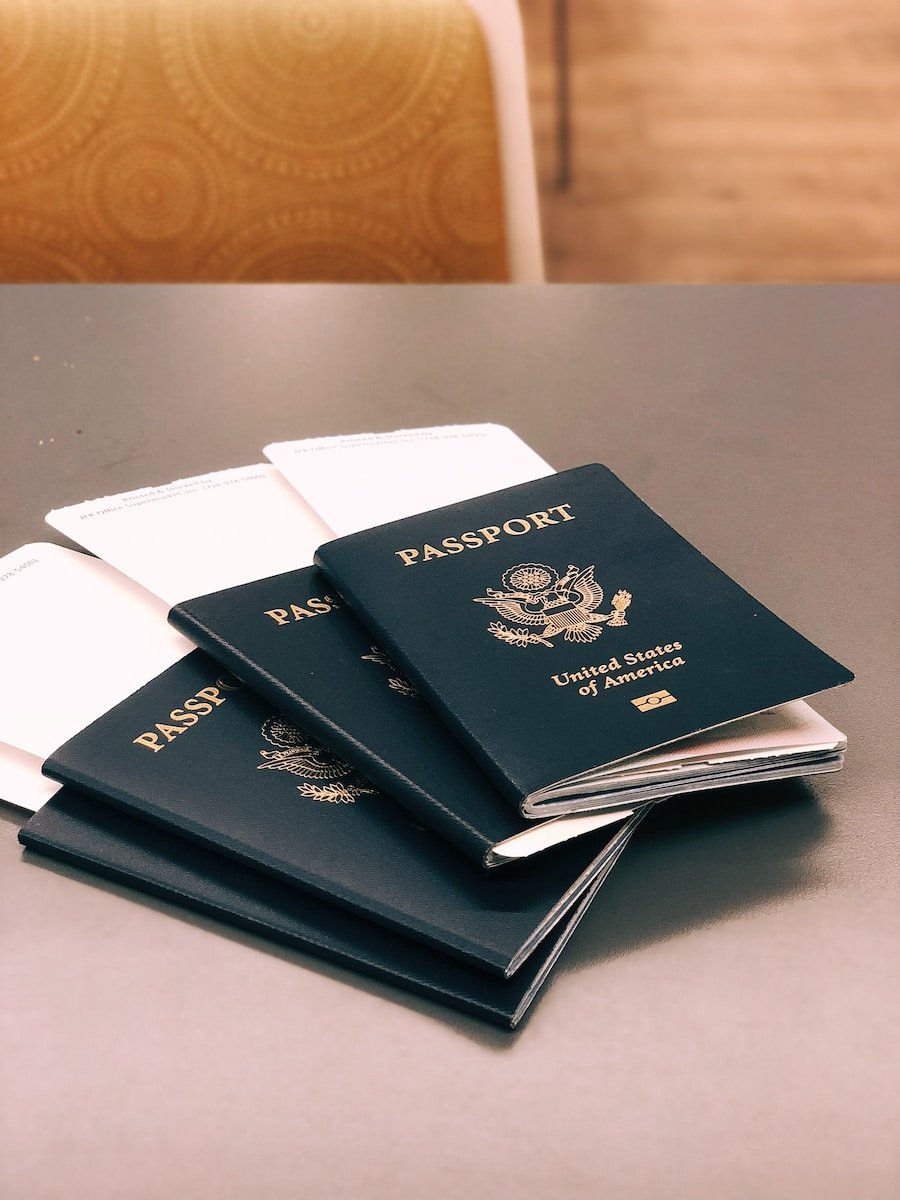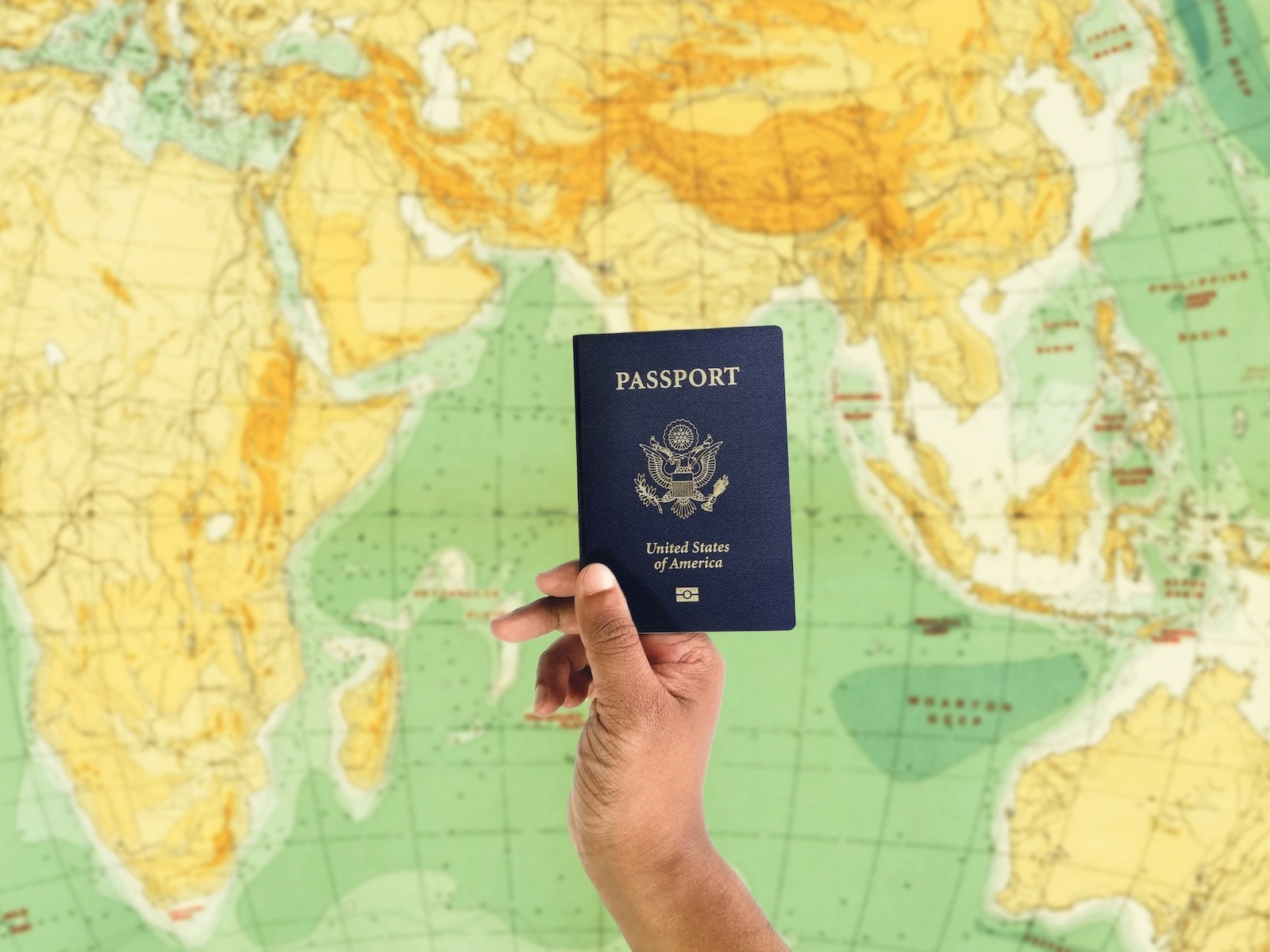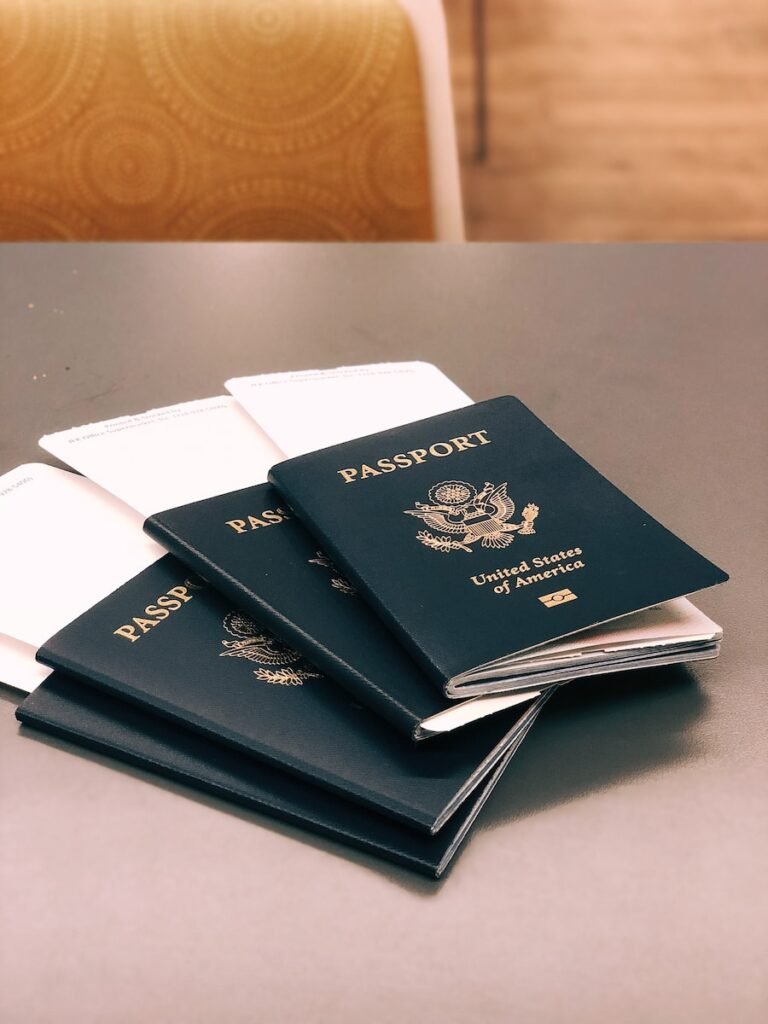Effortless Paths to Citizenship: Countries with Easy Naturalization Processes
Obtaining citizenship in a foreign country can be a complex and lengthy process for many individuals. However, some countries have streamlined their naturalization processes to make it easier for immigrants to become citizens. These countries recognize the valuable contributions that immigrants can make to their societies and have implemented policies that prioritize integration and inclusivity. In this article, we will explore twelve countries that offer effortless paths to citizenship, providing opportunities for refugees, migrants, skilled workers, investors, and foreign spouses of citizens.

1. Sweden: A Swift Route to Citizenship for Refugees and Migrants
Sweden has long been known for its open and inclusive policies towards refugees and migrants. The country offers a swift route to citizenship for individuals who have been granted permanent residency. After living in Sweden for just three years, refugees and migrants can apply for citizenship. Furthermore, Sweden allows dual citizenship, enabling individuals to retain their original nationality while becoming Swedish citizens.
2. Iceland: Simplified Naturalization for Foreign Residents
Iceland has a simplified naturalization process for foreign residents who have been living in the country for a certain period of time. After residing in Iceland for seven years, individuals can apply for Icelandic citizenship. The process involves a language proficiency test and an interview to assess integration into Icelandic society. Iceland also permits dual citizenship for those who acquire Icelandic nationality.

3. Canada: Welcoming Immigrants with a Streamlined Process
Canada is renowned for its welcoming attitude towards immigrants and its commitment to diversity. The country offers a streamlined naturalization process for individuals who have obtained permanent residency. After living in Canada for three years within a five-year period, immigrants can apply for citizenship. Canada also recognizes dual citizenship, allowing individuals to maintain their original nationality while becoming Canadian citizens.
4. Ireland: Accessible Citizenship for Foreign Nationals
Ireland has implemented policies that aim to make citizenship accessible for foreign nationals. Individuals who have lived in Ireland for five years, including one year of continuous residency immediately before the application, are eligible to apply for Irish citizenship. The process involves an assessment of language proficiency and knowledge of Irish society, culture, and history. Irish citizenship also allows for dual nationality.
5. New Zealand: Facilitating Naturalization for Skilled Workers
New Zealand has a reputation for attracting skilled workers from around the world. The country offers a facilitated naturalization process for individuals who have held a resident visa for at least five years. After meeting this requirement, individuals can apply for New Zealand citizenship. The process includes demonstrating English language proficiency and knowledge of New Zealand society. Dual citizenship is also permitted.
6. Uruguay: A Smooth Path to Citizenship for Foreign Investors
Uruguay has implemented policies to attract foreign investors and provide them with a smooth path to citizenship. By making a significant investment in the country, individuals can become eligible for citizenship within just three years. This investment can take various forms, such as purchasing property, starting a business, or making a substantial financial contribution. Uruguay also recognizes dual citizenship.
7. Belgium: Making Integration Easier for Foreign Residents
Belgium has taken steps to make integration easier for foreign residents seeking citizenship. Individuals who have been living in Belgium for five years, including two years of continuous residency, can apply for citizenship. The process involves demonstrating language proficiency, knowledge of Belgian society, and an integration commitment. Dual citizenship is allowed for those who obtain Belgian nationality.
8. Australia: A User-Friendly Route to Citizenship for PR Holders
Australia offers a user-friendly route to citizenship for individuals holding permanent residency (PR). After living in Australia for four years, including one year as a PR holder, individuals can apply for Australian citizenship. The process includes a citizenship test assessing knowledge of Australia’s values, rights, and responsibilities. Australia also allows dual citizenship, enabling individuals to maintain their original nationality.
9. Portugal: A Fast-Track to Citizenship through Investment
Portugal offers a fast-track to citizenship for individuals who make a significant investment in the country. By purchasing property or investing in business activities, individuals can become eligible for citizenship within just five years. The process involves proving a connection to the Portuguese community and demonstrating language proficiency. Portugal also allows for dual citizenship.
10. Brazil: A Simple Process for Foreign Spouses of Citizens
Brazil has a simplified process for foreign spouses of Brazilian citizens to acquire citizenship. After two years of marriage or a civil union, foreign spouses can apply for Brazilian nationality. The process involves demonstrating knowledge of the Portuguese language and proving a stable relationship. Dual citizenship is permitted, allowing individuals to retain their original nationality.
These twelve countries have recognized the importance of facilitating the naturalization process for immigrants. By offering simplified procedures, shorter residency requirements, and allowing dual citizenship, these countries encourage integration and provide opportunities for individuals to fully participate in their societies. Effortless paths to citizenship not only benefit immigrants but also contribute to the social, economic, and cultural development of the host countries. As globalization continues to bring people closer together, it is crucial for nations to embrace inclusivity and offer accessible routes to citizenship for all those who contribute to their communities.

